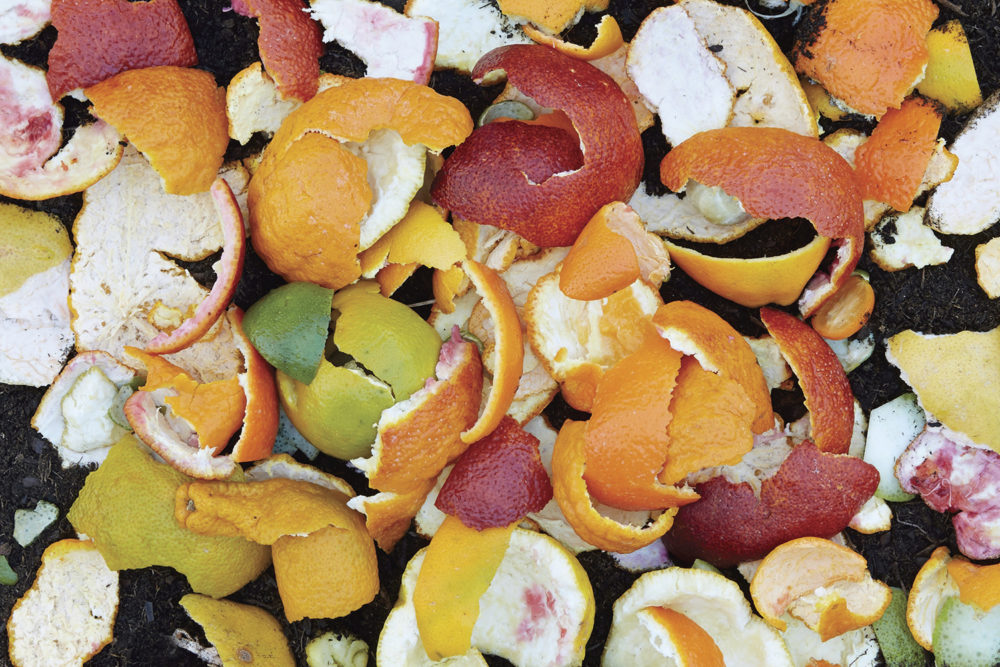
A groundbreaking 169-year-old experiment has unveiled alarming consequences of excessive fertilizer use on the environment. Conducted over generations, the study highlights how over-reliance on chemical fertilizers disrupts delicate ecosystems, endangering pollinators like bees and stifling the growth of flowers. These findings are a stark reminder of the fragile balance between agricultural practices and biodiversity.
The research underscores the critical role bees play in pollination and maintaining ecological harmony. However, overuse of fertilizers leads to nutrient overload in soil, causing a decline in the health and diversity of flowers, which directly affects bee populations. As flowers fail to thrive, the essential food sources for these pollinators diminish, setting off a chain reaction that threatens the broader ecosystem.
This long-term study emphasizes the urgent need for sustainable agricultural practices. With pollinator populations already under significant stress from habitat loss and climate change, the added burden of fertilizer misuse compounds the crisis. By adopting eco-friendly solutions such as organic farming, crop rotation, and natural soil enrichment techniques, farmers can help mitigate these effects and promote a healthier environment.
The 169-year legacy of this experiment serves as a crucial wake-up call for both policymakers and the agricultural industry. It highlights the long-term impact of human interventions and reinforces the importance of aligning modern farming with nature to ensure a sustainable future for all living beings.
Post a comment
At 62, She Started a Food Stall — Watch How...
- 27 Apr, 2025
- 2
Don’t Toss Those Peels! 9 Fruit Skins That Boost Your...
- 28 Apr, 2025
- 3
When your Navaratri cravings say ‘fast’ but your heart says...
- 29 Mar, 2025
- 2
Forget calorie counting! This method burns fat faster—science says so!
- 04 Apr, 2025
- 2
PM-KISAN Scheme: Five Years of Impact
- 08 Apr, 2024
- 5
Categories
Recent News
Daily Newsletter
Get all the top stories from Blogs to keep track.

















